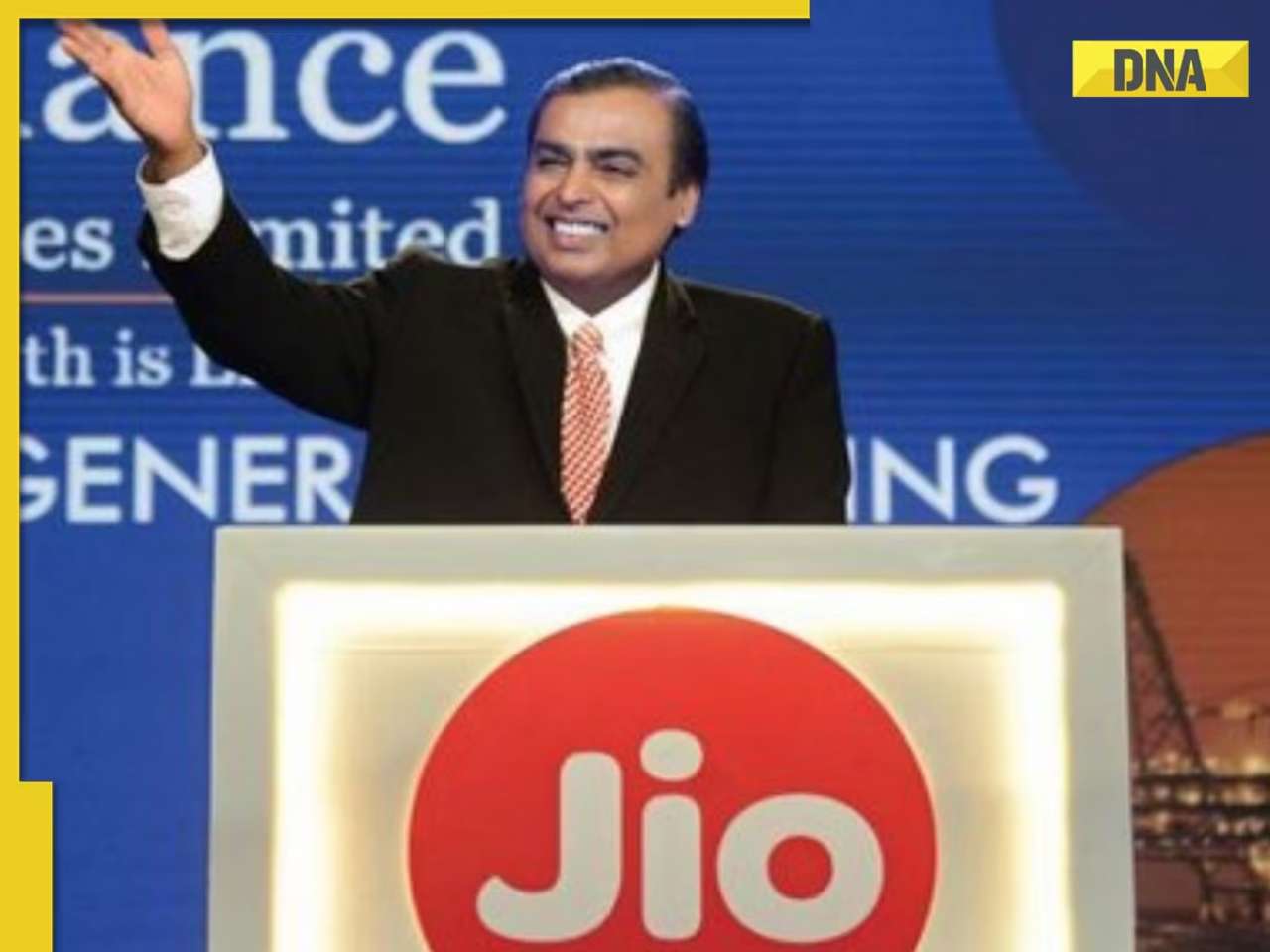- LATEST
- WEBSTORY
- TRENDING
INDIA
ES Ranganathan elucidates on Environmental, Social, and Governance (ESG) and its importance
"Embracing ESG principles isn't just a corporate trend, it's a moral imperative to safeguard our planet for future generations." - ES Ranganathan
TRENDING NOW
"Embracing ESG principles isn't just a corporate trend, it's a moral imperative to safeguard our planet for future generations." - ES Ranganathan
Environmental, Social, and Governance (ESG) has emerged as a pivotal and comprehensive framework for assessing a company's impact on society, the environment, and its corporate governance practices. Its significance cannot be overstated as investors, businesses, and stakeholders increasingly recognize the crucial role of ESG criteria in determining a company's long-term sustainability and value-creation potential. ESG encompasses a triad of critical components that show how a company operates and interacts with its stakeholders and the global community.
“The first facet, Environmental (E), delves into evaluating a company's environmental impact, encompassing efforts to mitigate climate change, responsibly manage natural resources, minimize waste, and address issues related to pollution and ecological preservation”, shares ES Ranganathan. Companies that demonstrate robust environmental practices exhibit a commitment to promoting sustainability and actively contributing to the transition toward a greener economy.
Moving on, the social aspect (S) scrutinizes a company's relationships with its workforce, customers, communities, and other stakeholders. In-depth analysis entails examining how a company treats its employees, fosters diversity and inclusion, engages in community development initiatives, and upholds human rights. Establishing strong social practices fosters a positive corporate culture and nurtures enduring stakeholder trust.
“All pillars of ESG are important but I believe the social aspect is the most important. Today people are not only consumers of products but also look at the ethical practices of the company they buy from. They want the products they choose to align with their personal views and ideas. A business must emphasize the social aspect to truly succeed in the long term.” Shares ES Ranganathan, former marketing director of GAIL and an expert in the Oil and Energy industry.
The third pillar, Governance (G), casts light upon a company's internal structure and management practices. This entails examining the composition of the board of directors, executive compensation policies, shareholder rights, and adherence to ethical and legal standards. A foundation of robust governance ensures transparency, accountability, and responsible decision-making, thus cementing the ethical underpinning of the organization.
The importance of ESG transcends the corporate sphere, resonating profoundly for several reasons. Primarily, integrating ESG factors into decision-making processes empowers companies to proactively identify and mitigate potential risks tied to regulatory compliance, reputational vulnerability, and environmental liabilities. Furthermore, embracing ESG principles translates into fostering long-term value creation, benefiting not only shareholders but also customers and employees. This enduring approach fortifies organizational resilience and equips companies to adeptly navigate dynamic market landscapes.
Moreover, companies that uphold robust ESG practices cultivate an enhanced brand reputation that bolsters customer loyalty and augments their appeal to a discerning and socially conscious consumer base. “In parallel, ESG-focused businesses experience heightened attractiveness to investors who prioritize ethically sound and sustainable investments, elevating the accessibility to capital and engendering broader investor trust, shares”, ES Ranganathan.
ESG's capacity to create value is multifaceted and profound. Embracing sustainable practices, such as enhancing energy efficiency and optimizing waste reduction, fosters tangible cost savings, augmenting a company's financial performance and bolstering long-term viability. A genuine commitment to ESG principles instils an attractive corporate culture that, in turn, attracts and retains top talent, generating a cycle of enhanced employee productivity and commitment.
Furthermore, prioritizing ESG aligns companies with a broader societal purpose, fostering meaningful connections and trust with stakeholders, including customers, employees, suppliers, and communities. Nurturing these authentic relationships engenders loyalty and sustains a supportive ecosystem around the company.
ES Ranganathan says “Embracing ESG can also elevate a company's competitive standing. With consumers increasingly gravitating towards ethically responsible and sustainable businesses, ESG provides a powerful differentiator, securing a distinct competitive advantage that resonates strongly in the marketplace.”
India is also making steady progress in developing regulations concerning ESG practices.
The introduction of the BRSR (Business Responsibility and Sustainability Reporting) framework by SEBI (Securities and Exchange Board of India) positions the country among countries and international organizations that have implemented comprehensive sustainability reporting frameworks. Currently applicable to the top 1,000 listed companies by market capitalization, the successful implementation of the BRR (Business Responsibility Reporting) indicates that the BRSR framework is likely to be extended to cover a broader range of companies in the near future.
In conclusion, the significance of ESG in shaping contemporary business practices and investment decisions cannot be underestimated. As its importance continues to ascend, ESG will stand at the forefront of driving sustainable and inclusive growth in the global economy. By championing ESG principles, companies can not only build resilience but also actively contribute to a more sustainable, ethical, and equitable world, leaving an indelible and positive impact on society at large.
(Above mentioned article is consumer connect initiative. This article is a paid publication and does not have journalistic/editorial involvement of IDPL, and IDPL claims no responsibility whatsoever)







)
)
)
)
)
)
)
)
)
)
)
)
)
)
)
)





























































